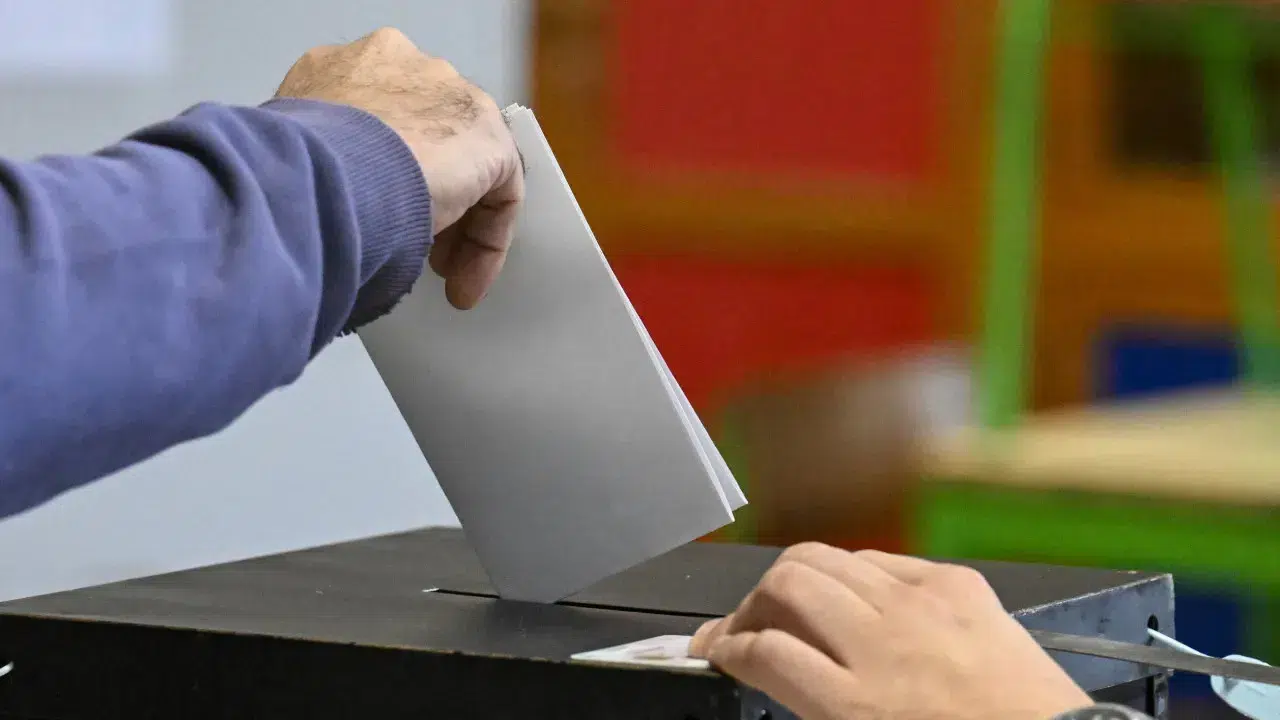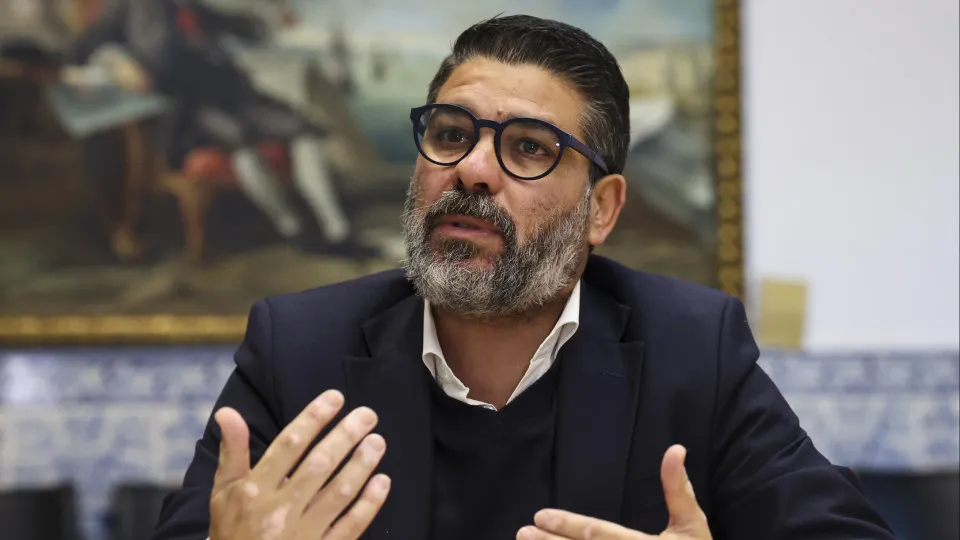
A report by the International Institute for Democracy and Electoral Assistance (International IDEA) – produced under its Electoral Integrity Project – concludes that in the 2024 electoral super-cycle, misinformation, controversial reforms, political violence, and climate disasters challenged elections in 74 countries.
The International IDEA report provides a complex portrait of these elections (including the early legislative elections in Portugal on March 10 of last year): while many electoral processes were well-organized and peaceful, several countries faced democratic setbacks, widespread misinformation, political violence, and threats to electoral integrity.
The collected data highlight two key issues to understand the difficulties detected in the 2024 elections: the role of the media and the financing of electoral campaigns, which analysts say reveal that the global situation of democracies has worsened.
“This electoral cycle has chiefly reflected the quality of democratic institutions. When these institutions are not solid, elections are not credible,” stated Kevin Casas-Zamora, the Secretary-General of International IDEA, in an interview.
Casas-Zamora also attributed responsibility to the US President, Donald Trump, for various political leaders in several countries questioning election results after the American Republican leader denied the results of the 2020 election, which he lost to former Democratic President Joe Biden.
“If we look at the arguments used by political forces in various countries that challenged electoral results, we see, point by point, the arguments Trump used in the United States,” said the IDEA Secretary-General.
The study further concludes that media coverage, in many contexts, revealed blatant biases, while the influence of money in campaigns disproportionately favored candidates with more resources, compromising the principle of equal conditions.
Additionally, it criticizes platforms like Facebook and Instagram for abandoning fact-checking initiatives and accuses the owner of the social network X, Elon Musk, of direct involvement in electoral processes in several countries.
“It is very challenging to have credible elections when freedom of the press does not exist, when freedom of assembly is threatened, when fundamental institutions for democracy are absent or weakened,” declared Casas-Zamora.
For International IDEA analysts, another concerning sign in 2024 was the instrumental use of electoral reforms by incumbent governments to bolster their power.
In countries such as Georgia and Tunisia, crucial legislative changes were approved without broad political consensus or at strategic moments, limiting transparency and public scrutiny.
Despite progress recorded in some regions — including peaceful power transitions in various African countries —, the report documents 17 elections with signs of fraud, including vote-buying and result manipulation.
The case of Venezuela is highlighted as exemplary of these issues: in this South American country, a well-designed voting system was stalled by irregularities at the vote-counting stage, yielding results that do not reflect the popular will.
The document also reports instances of political violence marking this electoral cycle, with candidates targeted in Mongolia, Slovakia, South Korea, South Africa, and the United States.
Analysts also denounce that in Mexico and Pakistan, armed groups operated with impunity, while in Mozambique, violence was fomented by the state machinery itself.
Another aspect of the report concludes that in 43 national elections, disinformation was used as a weapon to undermine public confidence and delegitimize candidates.
The phenomenon is exacerbated by hybrid threats — interference strategies led by state and non-state actors — originating from countries such as China, Iran, and Russia, targeting elections in EU nations, as well as in Georgia, Moldova, Taiwan, Solomon Islands, and the US.
Despite initial fears, the use of artificial intelligence in electoral processes proved to be very limited, being mostly used in satire and not in direct political information manipulation strategies.
In light of this 2024 electoral portrait, the International IDEA report offers several recommendations to protect electoral integrity in the coming years: safeguard electoral reform against political abuses; invest in the capacity of electoral commissions; proactively monitor the information environment; ensure security for officials and voters; and promote interinstitutional cooperation, including state bodies and civil society organizations.




